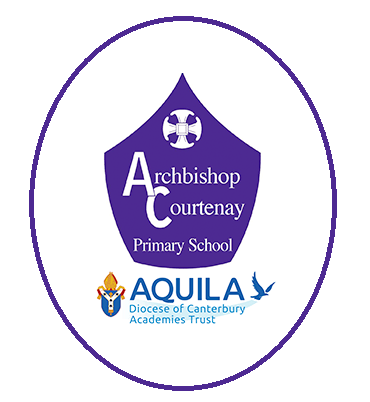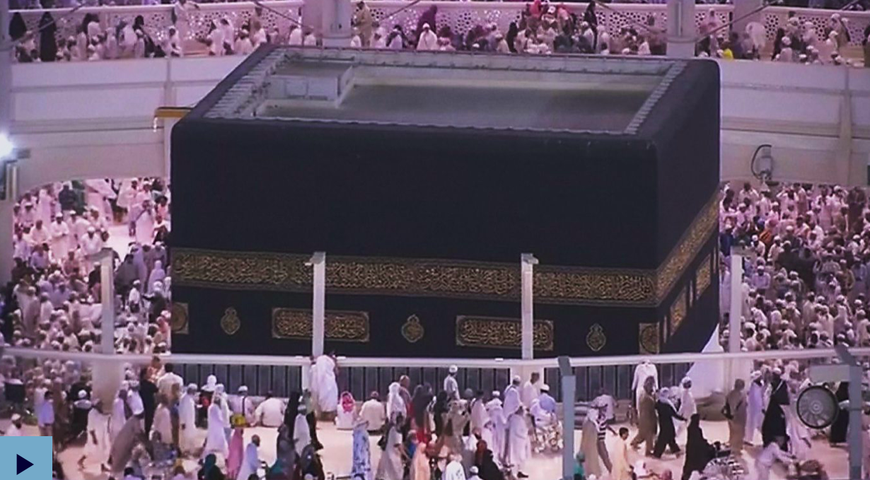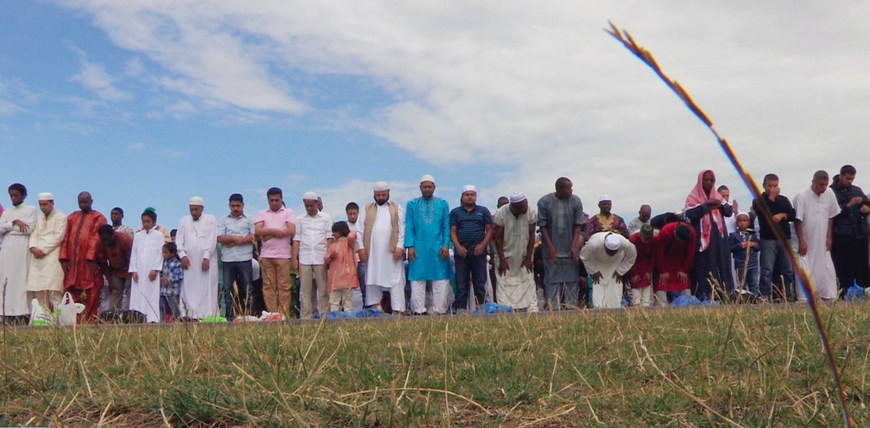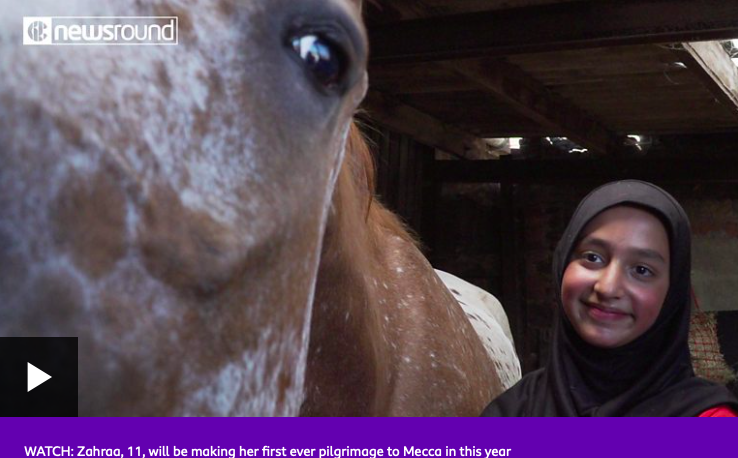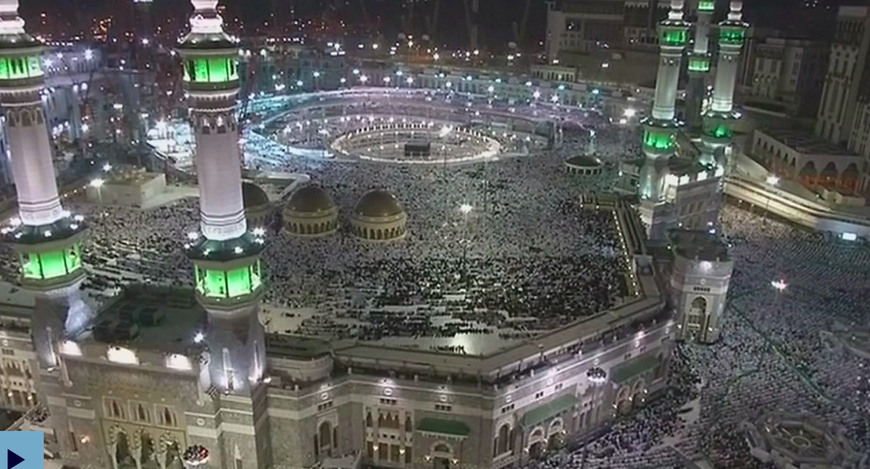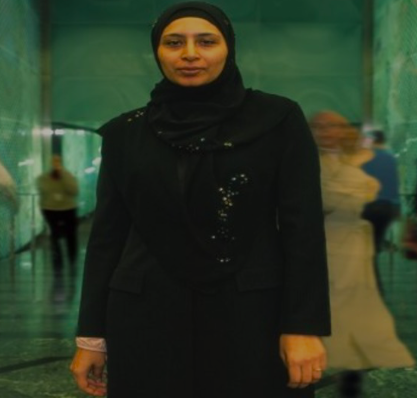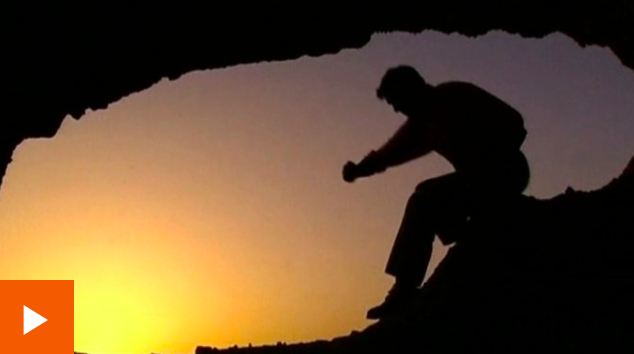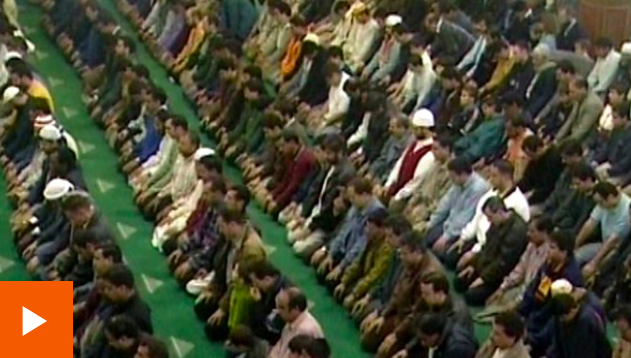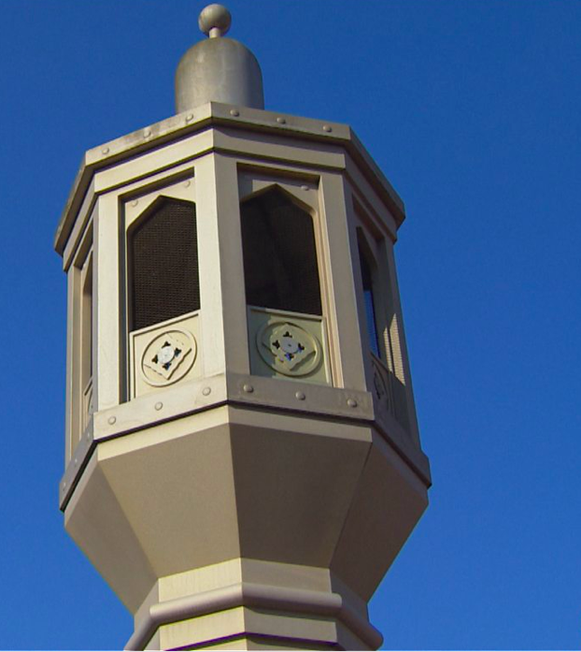Islam 2
|
Session 1 You will learn: 1. Describe the pillar of Zakah and explain who money is given away to and why 2. Think of reasons why some people think regularly giving away money is a good idea for themselves and the community 3. Give simple reasons for the importance of generosity |
Recap: what is a Muslim and what do they believe? How is charity important to Muslims? How is charity important to you? Last term in your independent home learning, you were asked to complete some research about Islam. What can you remember about the following:
The Five Pillars: 1. Shahadah - faith in God, 2. Salat - prayer 3. Zakat - charity 4. Sawm - fasting during Ramadan 5. Hajj - going on pilgrimage to Mecca (also known as Makkah)If you need to revise these, try the BBC Teach page here: How is charity important to Muslims? How is charity important to you? Research the pillar of Zakat (charity or almsgiving - what is almsgiving?) * How do Muslims help and care for the world wide Muslim community (known as Ummah)? * Why and how is Zakat performed and who benefits? * How much money are Muslims expected to give away, when do they do this and to whom is the money given? As you complete your research, ask yourself these questions: ‘Why do you think Muslims choose to give away so much of their money?’ ‘How do you think it makes them feel?’ ‘Do you think their lives are made more challenging because they have to do it?’ You can find out about Muslim aid organisations here: The Muslim Holy Book, the Quran, says this about giving to charity: "They ask you (O Muhammad) what they should spend in charity. Say: 'Whatever you spend with a good heart, give it to parents, relatives, orphans, the helpless, and travellers in need. Whatever good you do, God is aware of it.'" - The Holy Quran, 2:215 What do you think this means for Muslims who are thinking of giving money away to charity? Consider the importance of generosity in your own life: who is generous to you, and to whom are you generous? Why, and how does this make a difference? How could you be more generous? Identify one thing you could to be more generous and try and do it for a whole week. |
|
Session 2 You will learn: 1. Describe reasons for the practice of fasting in Islam 2. Find out more about what happens at the festival of Eid ul Fitr 3. Look for similarities and differences Between Eid ul Fitr and other festivals you have studied. 4. Think of reasons why some people choose to fast |
Why do Muslims Fast? The main period of fasting happens during the month of Ramadan. Fasting helps Muslims to appreciate how poor people suffer. It also concentrates the mind on what it means to be a Muslim and obey the command of Allah. It helps to build discipline into the life of a Muslim. Find out more here: and also using the PowerPoint about Fasting(below). What is the festival of Eid ul Fitr and why is it important to Muslims? How is it similar to festivals in other religions that you know? Do you celebrate a similar festival? Write a diary entry from the point of view of an older Muslim child who has fasted for the first time. Write the diary entry from the night before Eid. Make sure you explain in your diary entry why you have chosen to fast and the importance for Muslims. |
|
Session 3 You will learn: 1. Describe what happens on pilgrimage to Mecca and at the celebration of Eid ul Adha 2. Look for similarities and differences between pilgrimage to Mecca in Islam and pilgrimage in another religion 3. Think of reasons why some people go on pilgrimage to Mecca 4. Give simple reasons for the place of pilgrimage in some religions |
Why do Muslims want to go on pilgrimage? Inspirational places Where in the world would you most like to visit? - Why do you want to go there? - How can you work towards achieving that aim? - Might your ideas and dreams change whilst you waited? Hajj is an important pilgrimage taken by Muslims, at least once in their lifetime, to Mecca. Find out more here: Muslims believe that Hajj is only compulsory when they have enough money and can provide for their family whilst they are away. * What do Muslims wear to perform Hajj? * Why does everyone where the same? * Where do you know where everyone is expected to wear the same? What are the advantages and disadvantages of this? Use the PowerPoint to find out more about Eid ul Adha. Can you think of other pilgrimages taken by people of other faiths? Focus on the actions completed on Eid-ul-Adha. In Mina there are three stone pillars which represent the devil. Pilgrims throw stones at the pillars as a way of showing that they reject evil and want to drive it from the world. It is believed that the devil tried to tempt Isma’il to disobey Ibrahim. Ibrahim and Isma’il drove the devil away by throwing stones at him. You can find out more about Hajj here: On a large piece of paper, draw a road map: at different points on the road, write a paragraph about Hajj. When you have finished, you will have included the answers to the questions on in this section and additional information that you have found out. You might also include pictures. |
|
Session 4 You will learn: Describe two sources that Muslims get guidance from Consider questions such as whether books of Guidance from religions are useful and a good thing Look for similarities and differences between the Qur’an as a source of guidance and guidance the pupils might use Think of reasons why some people might have rejected the message that Muhammad brought |
Where do people get advice and guidance from? Where do you get advice from * If you need to know how to download a program for your computer * If you want help with your home learning? * If you fall out with a friend? * If you’re not sure how to spend your birthday money? Muslims get their good advice from a variety of sources including; * Qur’an- Muslims believe the words came directly from Allah and that they should follow the words and instructions of the Qur’an exactly. They also look to * Hadiths - words, actions and instructions of the Prophet Muhammad (pbuh) as reported by the people around him during his life. [What does pbuh mean and why is it written after the word Muhammad?] Watch the story of the revelation of the Qur’an to the Prophet Muhammad Think about who might be most likely to listen to Muhammad and who might be most likely to reject the message. Why and how might they do this? On the night that this happened, the night of power (Laylat-al-qadr) prayer is said to be worth 1000 months of worship (Surah 97). Suggest ways Muslims might celebrate this event and find out what they do to celebrate the event. Read these ‘commandments’ from Surah (chapter) 17 of the Qur’an. Commandments from Surah 17
Why do you think these rules are included in the Qur’an? Are they relevant today? Why are these rules good/bad? Do they remind you of other rules? Imagine a world in which these rules were always kept: what would it be like to live in that world. If we were all in class, I would ask you to act out scenarios where these rules would apply. Choose 1 rule and write a short playscript for a 3-minute play which includes this rule. |
|
Session 5 You will learn: Describe the key functions of the Mosque and explain how they link to the key beliefs of Muslims Find out more about the architecture and design of the Mosque Look for similarities and differences between the Mosque and another place of worship you have visited and studied |
What is a special place for Muslims? Listen to an extract of an Imam making the Call to Prayer. Think about the feelings that come from the voice, even if the words aren’t understood. Think about the ways words can get in the way of feelings, and the ways words can help with expressing our feelings. Study what a Mosque looks like here and check out the Power Point. A mosque is usually thought of as a building where Muslims can come together to pray. Anywhere a Muslim chooses for prayer is believed to become a mosque for that particular time. Look at the following questions and think about them as you watch the video again and relook at the PowerPoint: Study the most important part of a mosque – the hall where people pray. 1. Study the lack of furniture. Why is this? 2. Where do worshippers sit? Note the prayer mats and the way a worshipper must face. The minbar shows the direction for prayer. 3. Study the clock, what times are daily prayers and how many prayer times in one day? How might Muslims pray if they cannot get to the Mosque at that time? 4. Note the separate prayer hall for women, why is this? 5. Who is the Imam? What does an Imam do? 6. Mosques look rather empty as there are no pictures or statues, suggest reasons for this. Does the mosque have special windows? Notice any Islamic art, geometric patterns. Draw and label a Mosque, showing the different aspects and explaining why. Imagine you are giving this to someone who does not know anything about Islam - ensure you explain what you know. |
|
Session 6 You will learn: Describe and explain what it means to be a Muslim Describe the five pillars of Islam and explain how these affect the daily life of Muslims Look for similarities and differences between the life of a Muslim and your own life focussing on your own beliefs and values |
Can you think of similar commitments to the five pillars in your life? What matters to Muslims? Remind yourself about the five pillars that you have learnt about over the last few weeks. The five pillars of Islam are shahadah - a belief in one God, salah - prayer, five times a day, sawm - fasting, hajj - pilgrimage and zakah -the giving of alms. Why is the metaphor of pillars used? Quickly sketch a building which is held up with five pillars and write the name of each of the Muslim five pillars. Now draw another building held up by five pillars: this building represents you. What matters to me? At the top of each pillar, write: Shahadah - I believe.... Salah - Every day I will... Zakah - Every time I get pocket money I will... Sawm - Once a year I will... Hajj - Once in my lifetime I will... These pillars are likely to change over time, but they represent you today. * How will you keep your five pillars? * Who will help you? * What will be hard about keeping them? * Will any of them make your life better? * Will any of them have an impact on the lives of others? How would these compare with the five pillars, or things that matter to, a Christian? Annotate your ideas and the five pillars of Islam to compare these with a Christian’s ideas about what matters (remember, there may be some similarities as well as differences). |
